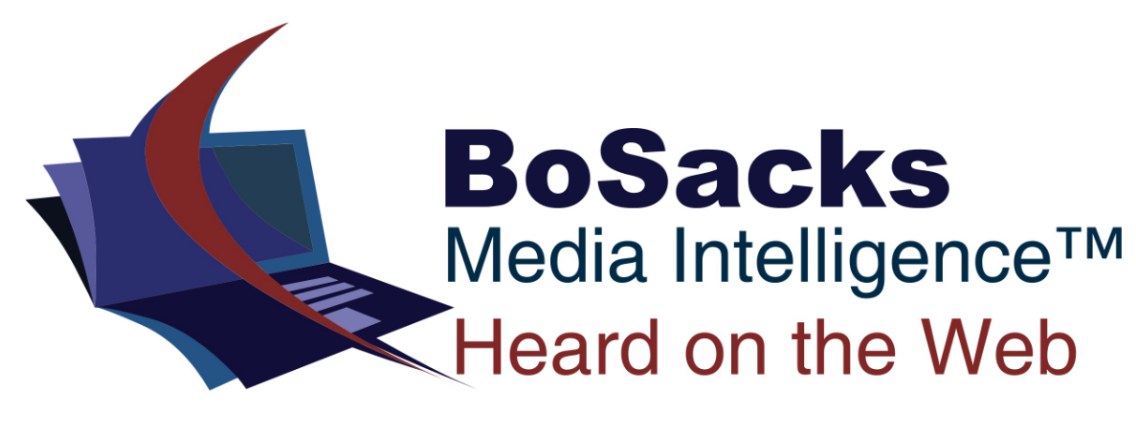BoSacks Speaks Out: Advertising’s Moral Crossroads
By Bob Sacks
Sat, May 17, 2025

Shirley Marschall’s article, You Reap What You Fund: Advertising’s Moral Debt delivers an unflinching critique of the ad industry’s failure to establish ethical boundaries.
Why has this failure persisted? Gordon Gekko famously declared, “Greed is good.” BoSacks offers an even starker truth: “Greed is incurable.”
Business goals once nodded to sustainability and diversity, at least on paper. But without a shared moral compass—an industry-wide “red line” that demands accountability—the advertising world has spiraled into an unchecked cycle of profit-first decision-making. The proof is in recent statements from industry titans:
Meta: Zuckerberg trivializes brand safety and measurement, telling advertisers, “You tell us your objective, connect your bank account… You don’t need measurement, just read the results we spit out.”
Perplexity: The CEO proudly admits its browser will track everything users do online to fuel hyper-personalized ads—surveillance masquerading as convenience.
X: CEO Yaccarino elevates the platform as “a megaphone for truth” while dismissing legacy media as “whispering.” This comes amid ongoing brand safety disasters and so-called “real-time fact-checking” riddled with misinformation.
These statements aren’t just unfortunate sound bites. They signal a fundamental shift—the normalization of chaos, where disorder is profitable and brand safety is an overpriced luxury.
Advertising: More Than a Business—A Cultural Architect
Marschall’s argument lands like a warning flare in the sky: ad dollars don’t simply drive business outcomes. They shape public discourse. They mold societal values. They bankroll democracy—or undermine it.
Yet we continue to play pretend, acting as if advertising is neutral, as if media buying is just a numbers game. The reality? Advertising is the digital economy. According to the Interactive Advertising Bureau, 75% of all U.S. ad spend—nearly $300 billion—flows through digital channels. Those billions sustain agencies, platforms, publishers, content creators, and engineers. This industry doesn’t merely sell products; it funds, builds, and steers entire ecosystems.
And yet, we keep feigning ignorance:
Platforms profit from outrage and instability while offering brand safety as a premium feature.
Agencies funnel spend into risk-laden platforms—not because it’s the right move, but because somewhere, incentives are quietly aligned against advertisers.
Brands vocalize outrage one day and re-enter problematic media buys the next.
We talk about values, yet behave as if they don’t matter.
We warn about misinformation, yet fund it.
We claim to prioritize safety, yet optimize toward volume, cost-efficiency, and reach—at any cost.
The Consequences Have Arrived
If anyone wonders how the internet became this toxic, the answer is simple: look at what we’ve chosen to fund.
You can’t cultivate an ad-driven media landscape centered on attention at any cost and then feign shock when the cost reveals itself.
You can’t prioritize performance over people and then clutch your pearls when consumer trust evaporates.
We Reap What We Sow—Is There Any Hope for Change?
This isn’t about cancel culture. It’s about accountability.
For a decade, ad tech has been obsessed with conversion, automation, and scale—yet has largely ignored trust, responsibility, and credibility. We’ve optimized for efficiency without questioning the moral debt accumulating beneath the surface.
Marschall argues it’s time to rethink what we’re growing.
Theoretically, advertisers and agencies could move beyond short-term metrics and embrace a responsible, sustainable model. They could demand better. They could leverage their financial power to create meaningful change.
But do we really believe the industry has the moral courage to do this?
Not a chance in hell—not under the current business environment.
